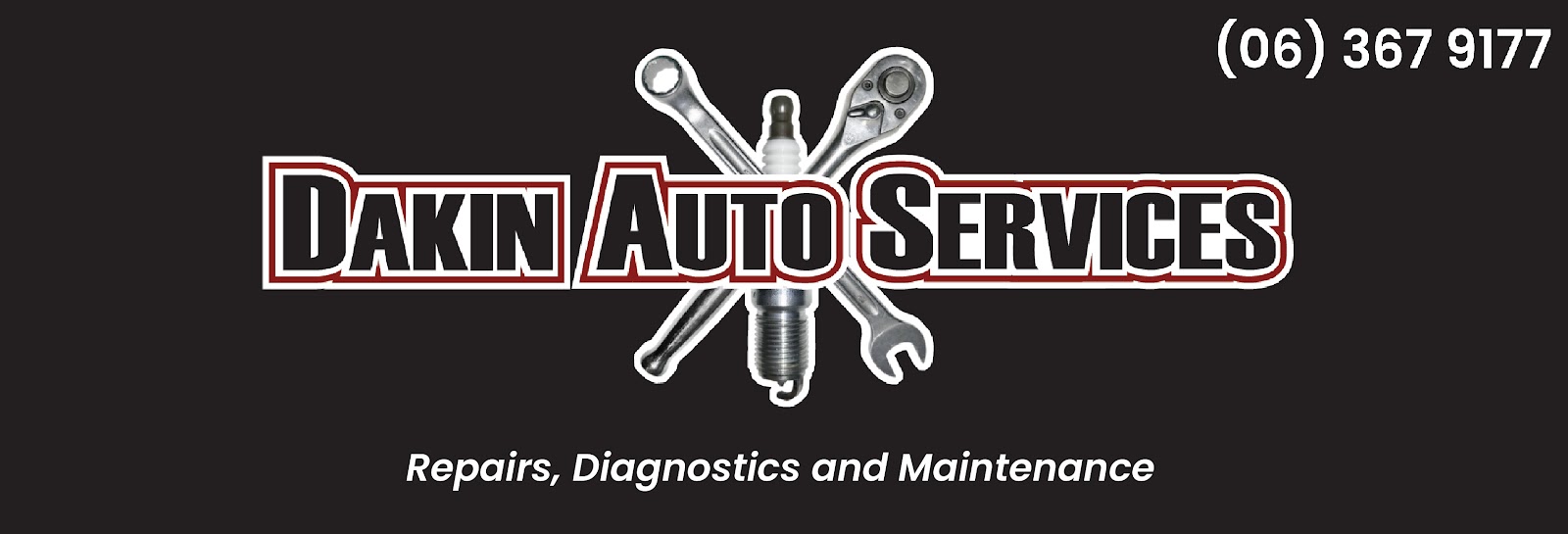FAQ
Regular servicing your vehicle will......
- Keep your engine running smoother and more efficiently, saving you fuel.
- Extend the life of your engine and reduce costly repairs.
- Ensure you don't get 'caught out' on the side of the road.
- Help your vehicle pass W.O.F regulation.
Why do we change the engine oil?
- Engine oil is the 'life-blood' of your engine. Engine oil lubricates, cleans, cools and protects the engine and all moving parts to eliminate excessive wear.
- Engine oil is manufactured with friction modifier and cleaning agents necessary for the modern engines of today.
- These additives are sacrificial and therefore after a period of time are no longer evident, leaving the oil contaminated with harmful acids and sludge which causes wear.
- Lack of oil changes or prolonged periods between oil changes is a major factor in premature engine wear and oil seal failure.
- We personally recommend our clients change their engine oil every 10,000km or 6 months (whichever comes 1st). After all, it's far cheaper to change your oil than to change your engine.
- Manufacturers have now introduced longer intervals between oil changes - 15,000km and upwards. Whilst this would get the vehicle through its warranty period, we are encountering premature engine component failure which could be attributed to extended service intervals.
How do we take care of your Automatic Transmisson?
- Automatic transmission fluid is rarely changed for preventative maintenance, yet is often the cause of premature transmission failure.
- If you consider the cost of changing the fluid and filter in your transmission regularly, it is minor compared to the cost of a transmission overhaul.
- It is proven that changing the transmission filter and fluid every 40,000 – 50,000km can significantly prolong the life of your transmission.
- Dakin Autos has a fully trained Automatic Transmission Technician
What is brake fluid and why change the brake fluid?
- Brake fluid is the hydraulic oil used throughout your vehicle to transfer pressure to the brakes.
- Brake fluid is a hydroscopic fluid meaning that it absorbs moisture. Moisture is created from the heating/cooling effects of normal brake use, also humidity from the atmosphere. The moisture causes rusting and pitting of internal parts, which leads to unnecessary replacement costs. Under severe braking excess, moisture can cause the fluid to boil leading to brake failure.
When is it necessary to change the brake fluid?
- We test the moisture content using a Hydrometer. Once the fluid has an excess of 3% moisture, we will recommend replacing it. This is checked during a Service and normally requires changing every 2 years.
What happens if there is no coolant/antifreeze in the engine?
- Over a period of time, rust and corrosion will appear in the cooling system. Long term, this will reduce the life of the cooling system components such as the radiator, water pump and coolant hoses.
- In extreme cases, failure of cylinder head gaskets and other engine damage can occur.
How do I know if my coolant/antifreeze requires renewing?
- We use a refractor to measure the coolant/antifreeze level.
How often should the coolant/antifreeze be changed?
- Most manufacturers recommend a 2 year interval. Some vehicles now have long-life coolant, which can last for up to 4 years.
- When there is visible rust in the cooling system.
- When the cooling system test in low on coolant/antifreeze or anticorrosive.
What is a timing/cam belt?
- A timing belt is a component used by manufacturers to keep the engine’s valves and pistons in correct time. Some vehicles use a timing chain.
Why should the belt be replaced before it fails?
- When the belt breaks your engine will stop immediately, sometimes with catastrophic results (valves connecting with the pistons).
Would there be any warnings before the belt breaks?
- Not usually. It is what we call an “instantaneous unforeseen failure”.
How can I tell when the belt should be replaced on my engine?
- All engine manufacturers vary their recommended replacement intervals based on time (age) and kilometres travelled. If you have any concerns about your timing/cam belt consult one of our team and we can check it for you.

